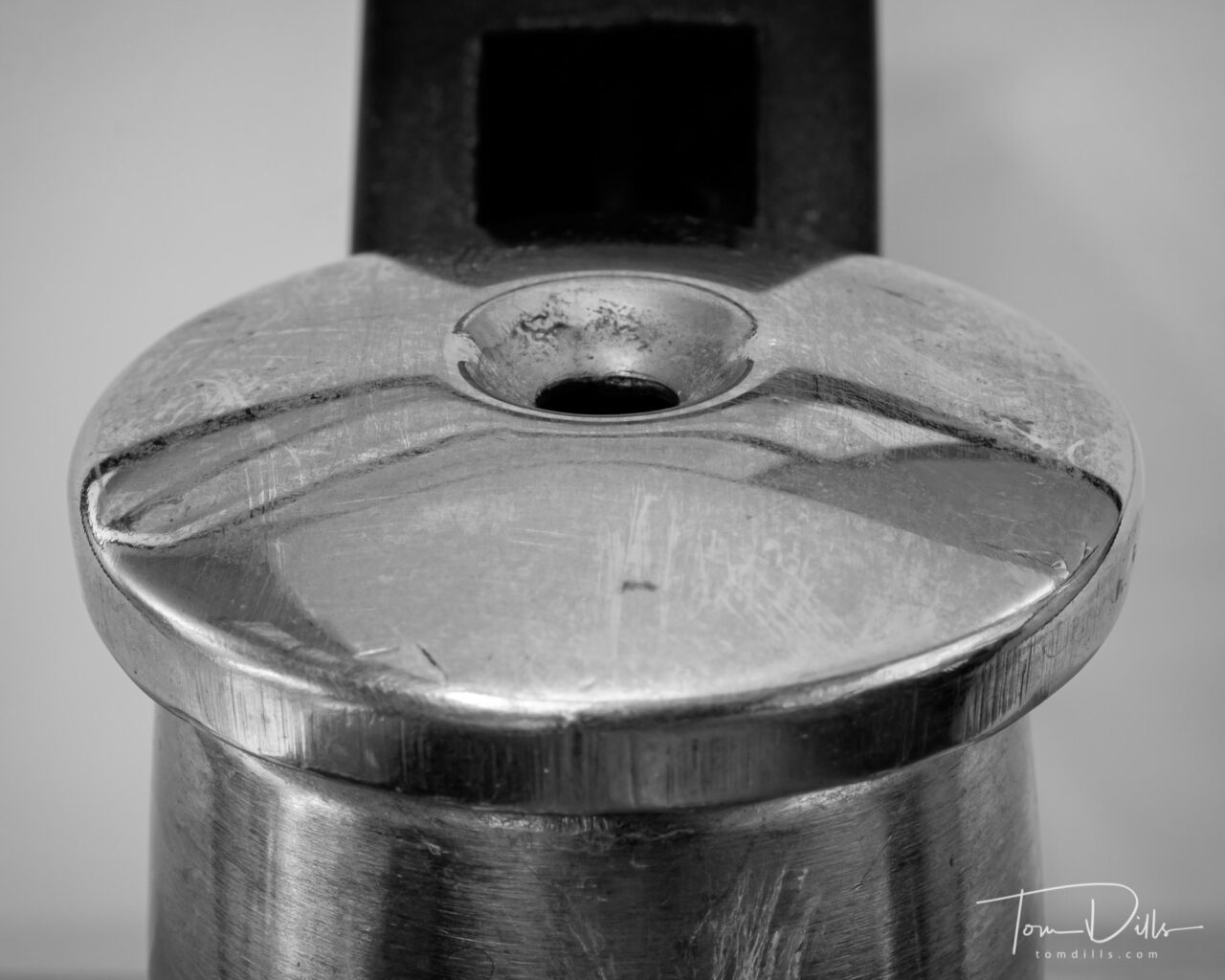One of our bartender friends dropped off a bottle of his homemade Old Fashioned Syrup the other afternoon. But he just left it on the porch then emailed me later to tell me it was there. I replied to object that we had been hoping to say hello – and to pay him. His reply to me was moving and I wanted to share:
“I know me too.
I’ve been a social distance steward.
Plus it’s really hard seeing people and not hugging them.
It hurts my heart.
Hope you guys love it and it makes quarantine a little bit bearable!!!!
Cheers!”
Cheers!
Nota bene: this is not my opinion, only a thought I’ve been pondering. Keep that in mind when you read it.
One of the things I wonder about as this virus thing chugs along, is whether the long-term economic impact of all these closures will ultimately be more devastating to a larger portion of the population than the health impact. In U.S. alone in the last two weeks, 10 million people filed for unemployment, vs. (as of 4/5/20) 311,536 confirmed cases and 8,499 deaths.
It sounds crass to suggest the possibility that the lives saved are not worth the cost, and I’m not actually suggesting that to be the case. But there has to be a breakeven point in terms of cost/benefit. We’re doing all this quarantining to stave off a capacity crisis in our healthcare system. I get that. But at what point does the long-term economic cost – that is impacting everyone, not just the ones who get sick – outweigh the lives saved? And perhaps more importantly, if the same thing happens again in a few years, then what?
To apply the medical terminology to the economics, isn’t this a bit like infecting everyone with the virus, then depending on the strength of our personal immunity and an overwhelmed healthcare system to cure us?


You certainly have nice friends Tom.
Your thoughts on this pandemic are perfectly valid and are precisely the kinds of thought that would be plaguing those who are expected to make the right choices. The trouble of course is that it’s not so clear-cut. This pandemic is a work-in-progress so we do not know the true ramifications of a steep curve in infections. With exceptionally viral pandemics it’s a sure bet that the economy will be cooked one way or the other. However, it’s worth considering that quarantining is not merely to help out the health system. If you let the infections go out of control then not only are hospitals overwhelmed but the workforce becomes incapacitated which can then potentially lead to serious breakdowns in the supply chains of food, energy and telecommunications. Imagine those things breaking down. Personally I’d rather not but in a global economy these chains of supply are far more fragile than people think. I may be a little dramatic here but we are potentially just one stone’s throw away from anarchy.
It’s possible that had the WHO called it a pandemic far sooner, the damage would have been far less and we would now be approaching the end of the tunnel but for whatever reason (maybe to appease China) they didn’t and here we are.
All we can do is hope that smart choices are made by those who need to make them. I would not like to be in their shoes.
Yes, we have some very nice friends!
I’m not personally afraid of the virus itself, although I say that cautiously as I know that I am just as susceptible to infection as anyone else. And I have confidence in my overall good health to feel good about my chances of fending off the worst symptoms. That said, my background in banking and economics raises my awareness of the financial damage that is being done.
You are correct that we need to place a certain amount of trust in the right people to make those smart choices. Unfortunately it doesn’t seem like the smart people are getting to make the decisions!